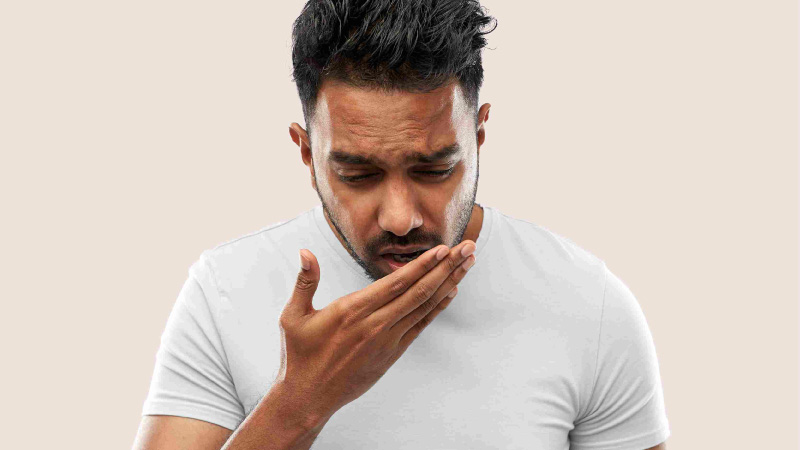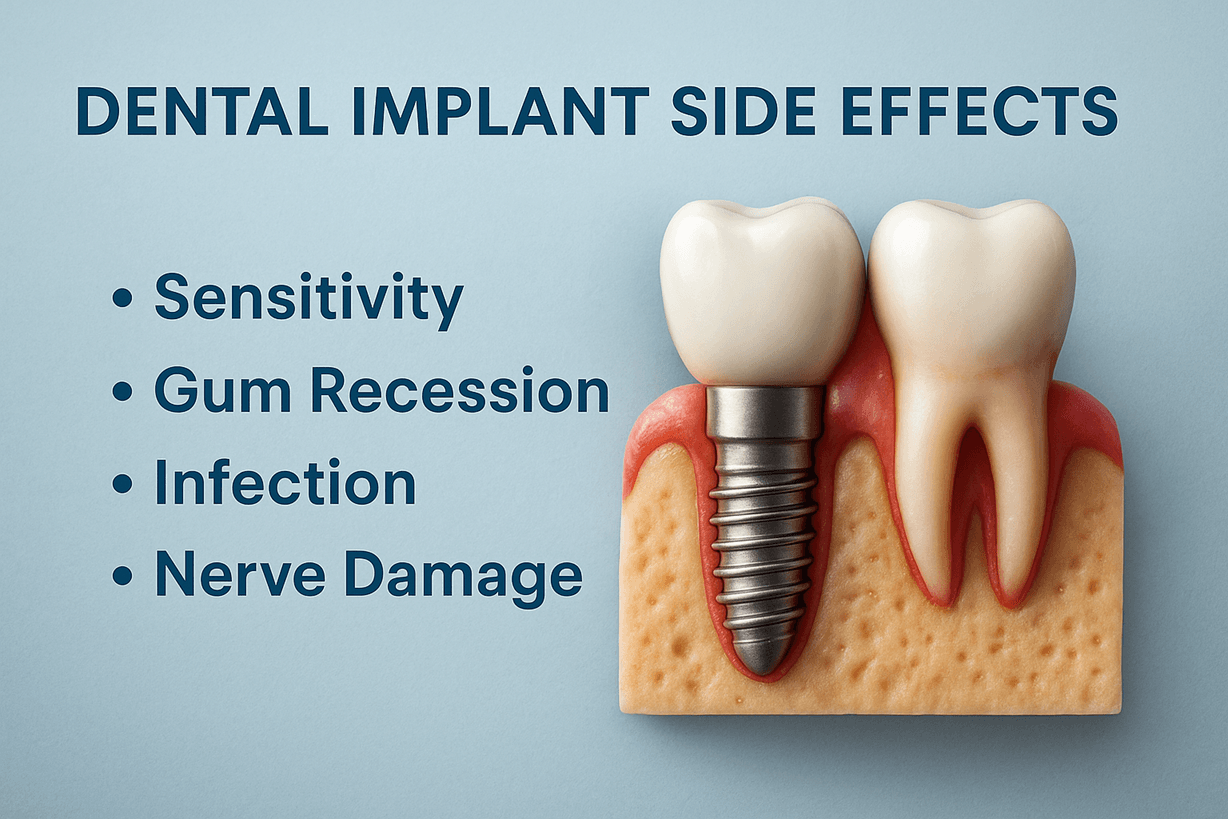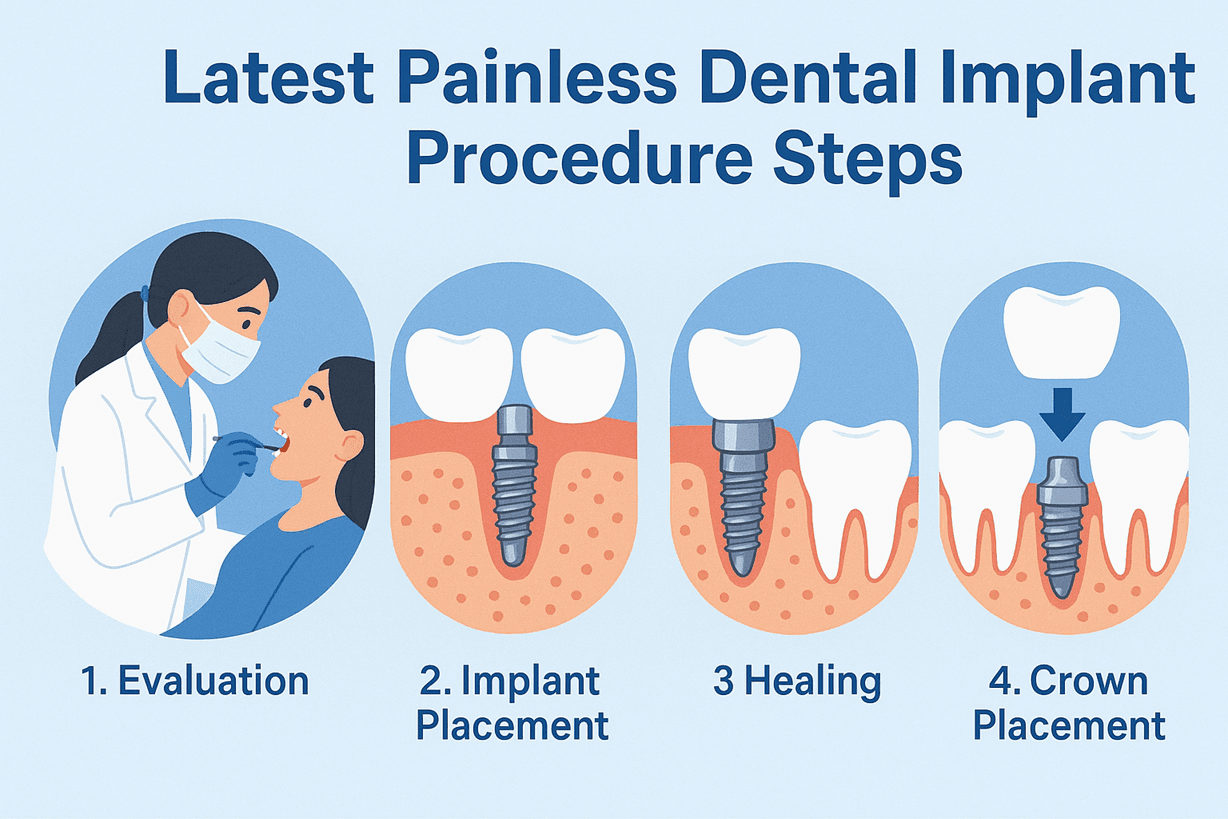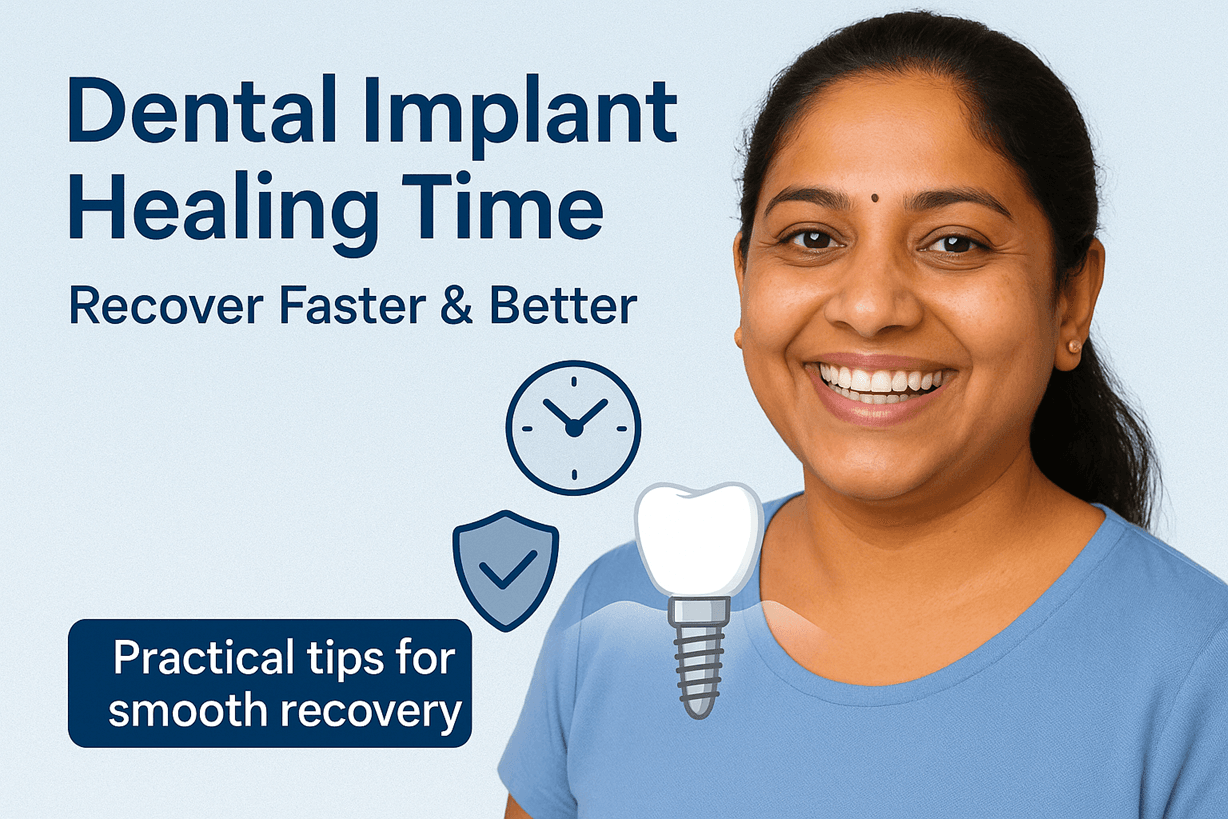Contents
A problem that is commonly experienced and known by many is bad breath. Medically termed Halitosis, unfortunately, this problem not only bothers you but also the people around you.
Interacting with people and doing regular things like attending a meeting, going on a date and watching a movie with your friends became embarrassing situations that you try to avoid due to bad breath issues.

What can Bad Breath be a Sign of?
Well, bad breath arises primarily as a result of poor dental health habits though other health problems can not completely be ruled out. Bad breath can further flare up depending on the kind of foods you eat or your unhealthy lifestyle habits.
Halitosis can often be prevented or treated at home or under the proper care of your dentist. We often wonder, what can cause very bad breath? How to get rid of bad breath permanently?
What is a suggested bad breath treatment? Through this blog, we aim to address many queries concerning bad breath - Causes of Bad Breath and its treatment.
Different types of food that result in Halitosis
The process of breaking down food begins in your mouth. After that the food we eat is absorbed into our bloodstream and gets passed on to the lungs, thus impacting the air we exhale.
Strong food is garlic and onion which cause bad breath even after brushing. Foods that have strong odours tend to linger on despite flossing and brushing.
In fact, even mouthwash fails to get rid of the odour permanently. The odour will only go away completely when these foods are passed out of the body.
Other foods can cause very bad breath:
- Spices (some of them)
- Cheese
- Orange juice
- Alcohol
- Sodas
Just like food causes bad breath, not having food for long periods such as when you are fasting or dieting can be a cause of bad breath.
This is because when the body breaks the fat down, it releases chemicals that can cause your breath to become unpleasant.
What Causes Bad Breath?
Poor oral health habits cause bad breath. When you forget to brush twice a day or do not floss your teeth daily, the food particles tend to stay in your mouth and lead to bacterial growth in between the teeth, the gum area and the tongue. This growing bacteria can cause very bad breath.
The process of breaking down food begins in your mouth. After that the food we eat is absorbed into our bloodstream and gets passed on to the lungs, thus impacting the air we exhale. Strong food is garlic and onion which cause bad breath even after brushing.
Poor dental hygiene also leads to inflammation of the gums or gingivitis which is another main cause of bad breath. People who wear dentures, also need to make sure the dentures are cleaned properly as stuck food particles breed odour-causing bacteria.
Other bad oral habits such as chewing tobacco or smoking lead to bad breath apart from stained teeth, irritable gums and a reduced ability to taste foods.
Oral Health Problems that Cause Bad Breath
You may experience persistent bad breath or a strange taste in the mouth and want to know what causes bad breath even after brushing and flossing.
What can bad breath be a sign of? This may be an indicator of periodontal disease which happens when plaque builds up on teeth. This could be causing a bad mouth odour.
Other dental causes of bad breath are poorly fitted dental appliances that lead to food getting stuck, cavities and yeast infections. An oral condition known as Xerostomia or dry mouth also causes bad breath.
Saliva plays a key role in moistening the mouth, neutralizing acids being produced by plaque, and washing away dead cells that tend to build up on the gum, cheeks and tongue.
When someone has this dry mouth condition, the cells are not removed by saliva causing bad breath.
This condition arises as a result of medication side effects, problems in the salivary gland & constant breathing from the mouth. This is why people who sleep with their mouths open tend to have really bad morning breath.
How to Prevent Bad Breath:
Bad breath treatment is often quick and easy. You can easily prevent bad breath if you:
1. Have a good oral hygiene routine
Basic steps such as brushing twice daily with fluoride toothpaste can help remove plaque and food debris. Brushing the tongue is also vital for removing the bacteria that accumulate on it.
Using dental floss and rinsing your mouth with an antibacterial mouthwash, further helps prevent bad breath. Clean braces, dentures and mouth guards as directed by the dentist.
2. Go for regular dental check-ups
You should visit your dentist every six months for an oral examination and a professional cleaning to prevent periodontal disease.
3. Get rid of bad habits
You need to give up smoking and chewing tobacco and your dentist can give you tips to kick the habit.
4. Drink plenty of water
This is a very good habit not only to prevent bad breath but also has a lot of other benefits. Water keeps the mouth moist and stimulates saliva production.
Chewing gum and mints with xylitol are also good ways to produce saliva that washes away bacteria and food particles in the mouth.
5. Adopt healthier eating habits
Reduce your meat consumption and select more fruits and vegetables. Apples, celery, carrots and more such hard fruits and vegetables can help clear odour-causing bacteria.
In most situations, your dentist will be the point of contact for bad breath treatment. In case the origin of bad breath is because of any oral causes; they will figure the source out and give you a treatment plan.
However, if there are any other reasons, they will direct you to the concerned doctor for a check-up.



